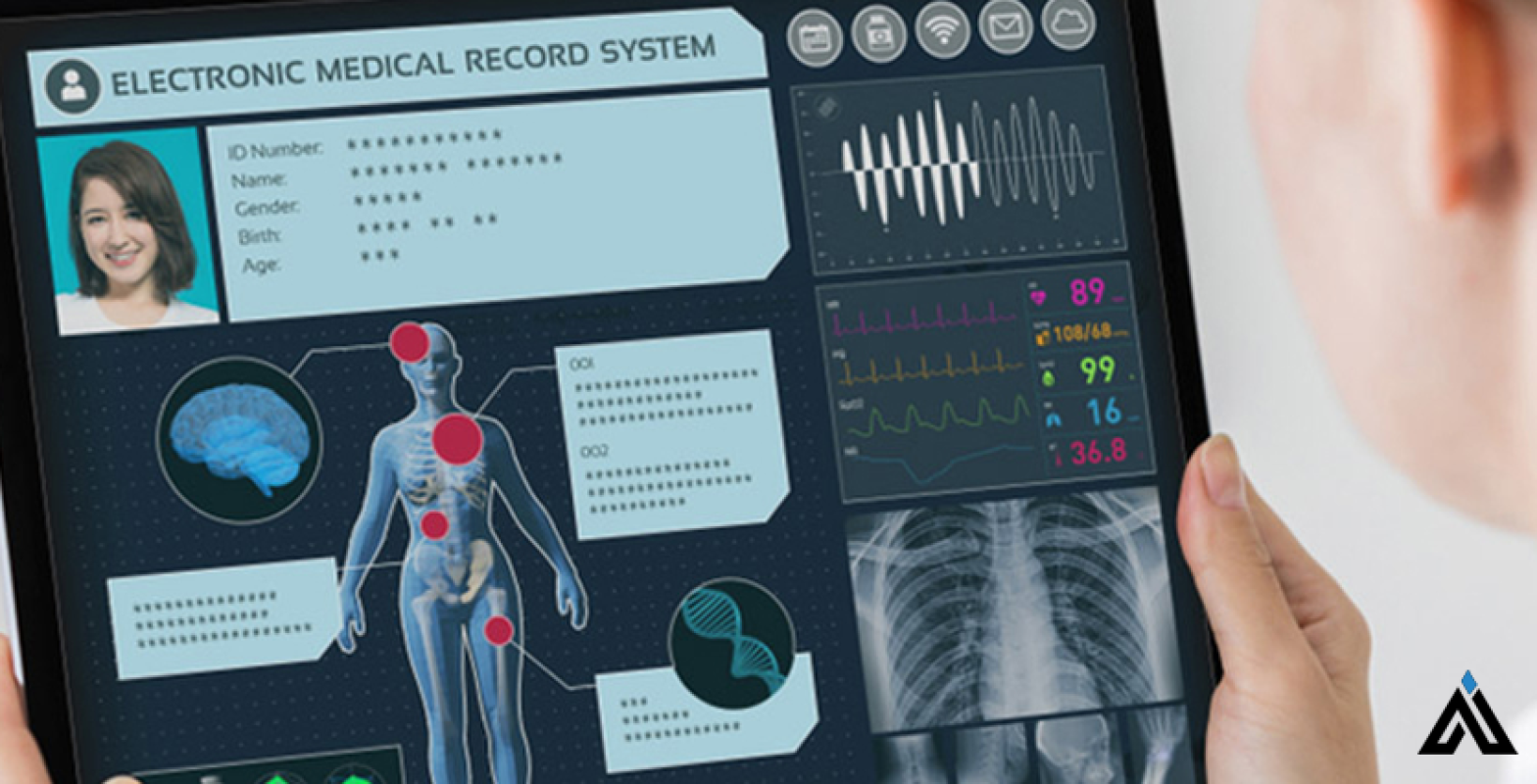In the realm of healthcare, the integration of artificial intelligence (AI) stands as a transformative force, particularly in pioneering personalized medicine. As we venture into the era of precision medicine, examples of AI in healthcare demonstrate unparalleled potential in crafting personalized treatment plans, enhancing early disease detection, and fostering health equity. The essence of personalized medicine—employing targeted therapies and drug discovery through continuous monitoring and AI in medical imaging—shapes a future where treatments are effective and tailored to the individual's genetic makeup. This approach not only revolutionizes cancer treatment but also ushers in a new dimension of healthcare data analysis, offering insights that were once beyond reach.
Your journey through this article will navigate the intersection of AI and personalized medicine, grounding you in an understanding of what personalized medicine entails and the myriad of AI applications that drive its success. From the nuances of AI in healthcare, including examples of AI in medicine for drug discovery and early disease detection, to critically examining the challenges and ethical considerations this technology brings to the table, we cover the breadth of this innovation. We aim to provide healthcare professionals and those new to AI technology with a comprehensive view of how AI sculpts personalized medicine examples today, leading to more effective and customized healthcare solutions tomorrow.
Understanding Personalized Medicine
Definition and Importance
Personalized medicine, also known as precision medicine, is a transformative approach in healthcare that tailors medical treatment to each patient's individual characteristics. It integrates clinical and molecular information to understand the biological basis of disease. This approach is rooted in the analysis of a patient's genetic profile, lifestyle, and environment, allowing for more precise, predictable, and effective interventions.
How It Differs from Traditional Healthcare
Traditional healthcare often adopts a "one size fits all" approach, where treatments and dosages are standardized across patients with similar conditions. In contrast, personalized medicine moves away from this model by focusing on individual differences. Technologies such as next-generation DNA sequencing and biomarker testing enable healthcare providers to:
- Shift from reactive to preventive medicine.
- Customize disease-prevention strategies and treatments.
- Prescribe medications that are compatible with a patient's genetic makeup to minimize the risk of adverse drug reactions.
This meticulous customization enhances the efficacy of treatment plans and preventive measures, significantly altering outcomes by aligning them closely with each patient's unique health profile.
AI Applications in Personalized Medicine
Genomic Data Analysis
AI significantly enhances genomic data analysis, crucial for personalized medicine. By handling large datasets and complex genetic information, AI enables healthcare professionals to identify genetic markers linked to specific diseases. This advanced analysis aids in devising tailored treatment strategies based on individual genetic profiles, ensuring more accurate diagnoses and effective treatment plans.
Drug Target Identification
AI's role in drug target identification is transformative, allowing for the rapid and efficient discovery of new therapeutic targets. Through the analysis of biological networks and large-scale data, AI algorithms identify potential targets that can lead to the development of effective drugs, particularly in areas with unmet medical needs, such as rare diseases or specific cancer types.
Biomarker Discovery
Biomarker discovery is pivotal in personalized medicine. AI technologies can process vast amounts of data to detect patterns and identify novel biomarkers. These AI-driven insights are crucial for developing personalized treatment plans, as they provide a deeper understanding of individual disease progression and response to treatment.
Clinical Trial Optimization
AI also revolutionizes the management and optimization of clinical trials. By predicting outcomes, enhancing patient selection, and optimizing trial protocols, AI contributes to more efficient and effective clinical studies. This not only accelerates the development of new treatments but also ensures that they are more precisely aligned with patient needs, thereby improving overall healthcare outcomes.
Challenges and Ethical Considerations
Data Privacy Issues
In the era of AI-driven healthcare, data privacy emerges as a critical concern. Large tech corporations, including Google and Microsoft, often control substantial amounts of machine learning technology and, by extension, access to vast datasets of patient health information. This control raises significant issues, such as the potential for privacy breaches and the unauthorized use of data. For instance, the partnership between Google's DeepMind and the Royal Free London NHS Foundation Trust highlighted the risks associated with inadequate patient consent and the transfer of data control across borders, which can lead to privacy violations despite existing laws.
Algorithm Bias
AI's dependency on historical data can inadvertently perpetuate existing biases, thereby influencing the outcomes of AI applications in healthcare. This is particularly problematic in personalized medicine, where algorithmic biases can lead to disparities in diagnosis and treatment. For example, if AI tools are trained primarily on data from certain demographic groups, they may not perform accurately for underrepresented populations. This can result in healthcare disparities, where certain groups receive suboptimal care due to biased AI recommendations.
Healthcare Disparities
AI in healthcare must be developed with a keen awareness of its potential to exacerbate existing healthcare inequalities. Historically marginalized groups often have less representation in the datasets used to train AI systems, leading to less effective or even harmful medical interventions for these populations. Moreover, the economic and social barriers that affect these groups' access to healthcare are seldom accounted for in AI models, which can further entrench disparities. It is imperative that AI development in healthcare includes diverse datasets that reflect the true spectrum of patient populations to ensure equitable health outcomes.
Conclusion
Through the exploration of AI-driven healthcare, we have unearthed the dynamic potential that artificial intelligence holds in revolutionizing personalized medicine. By weaving through examples and insights, this article has illuminated how AI can guide the creation of personal treatment plans, enhance early disease detection, and contribute to health equity, with a special emphasis on tailoring healthcare to individual genetic profiles. The significance of these advancements cannot be overstated, as they not only promise to transform cancer treatment but also to redefine our approach to healthcare data analysis, unlocking insights previously shrouded in complexity.
As we stand on the brink of this new era in medicine, it remains imperative that we address the challenges inherent in integrating AI into healthcare, including privacy concerns, algorithmic bias, and healthcare disparities. With a considered approach that embraces inclusivity and vigilance, the journey toward leveraging AI in personalized medicine can lead us to more effective, customized healthcare solutions. Engaging healthcare professionals and those new to AI technology in this dialogue is critical as we foster an environment where the benefits of AI can be realized across all spectrums of patient care, ensuring a future where healthcare is not only personalized but equitable.








Comments